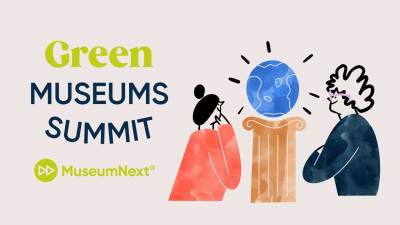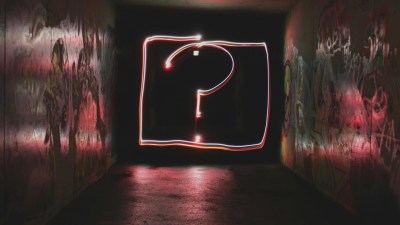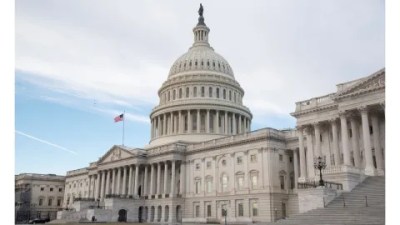
The COVID-19 pandemic is having a devastating effect on the US arts and culture sector—both on the nonprofit organizations that form an essential part of our civic infrastructure and on the individuals who work for them. The Johns Hopkins Center for Civil Society Studies Nonprofit Economic Data Project estimates that the nonprofit arts, entertainment, and recreation sector lost over 36 percent of its jobs to the pandemic-induced financial crisis between February and December 2020, and predicts that at current rates of regrowth it will take more than twenty-five months to fully recover them. To illuminate the impact that the pandemic is having on people in the museum field specifically, AAM surveyed current paid museum employees, employees who had been furloughed or laid off, independent contractors, volunteers, students, retirees, and board members.
The impact the survey captures is clear, severe, and troubling. Over 40 percent of respondents reported that they have lost income due to the pandemic—more than 30 percent of their total income, on average. They also reported a grave toll on their mental health and wellbeing from the pandemic, rating this impact at an average of 6.6 out of 10 (where 10 indicates very strong negative impact). Nearly half of paid museum staff reported increased workload, and three-quarters reported having to adapt to working remotely for all or some of their hours. The strain has been particularly severe for independent consultants and contractors, who are an essential part of the museum workforce: over half have had contracts cancelled or indefinitely postponed and struggled to secure new contracts, losing them more than half of their pre-pandemic income on average. The data also reveals the role race and gender play in how people experience the pandemic. BIPOC respondents reported higher financial stress and fewer financial resources than white respondents. Women were more likely than men to report increased workload and adverse effects on hours, salary, mental health, and wellbeing.
Skip over related stories to continue reading article
In addition to the pandemic’s financial and work-related impacts, experts warn of a second pandemic within the COVID-19 pandemic: the current and delayed impacts on mental health including rising anxiety and depression. Demonstrating a deep care for one another, respondents to the survey highlighted the compassion and empathy that exists among the people that make up the museum field. Despite experiencing personal hardships, when asked to indicate how worried they were about various issues (on a scale from 0 = not worried to 10 = very worried), respondents’ greatest shared concern was for the wellbeing of colleagues (average score of 7). As our field begins recovering from the pandemic, we hope that museums as employers embody these same values and vigilance by crafting equitable responses, practicing empathetic leadership, and taking actions that support the people who make museums possible. In addition to this report, we have used survey responses to build a webpage collating resources requested, or cited as useful during the pandemic, by respondents including career management, connection, and self-care resources, as well as a list of employer actions respondents cited as helping them to feel safe, valued, and supported during this time. If you have questions or comments about this report or suggestions for additions to the webpage, we want to hear from you, please contact us.









Comments